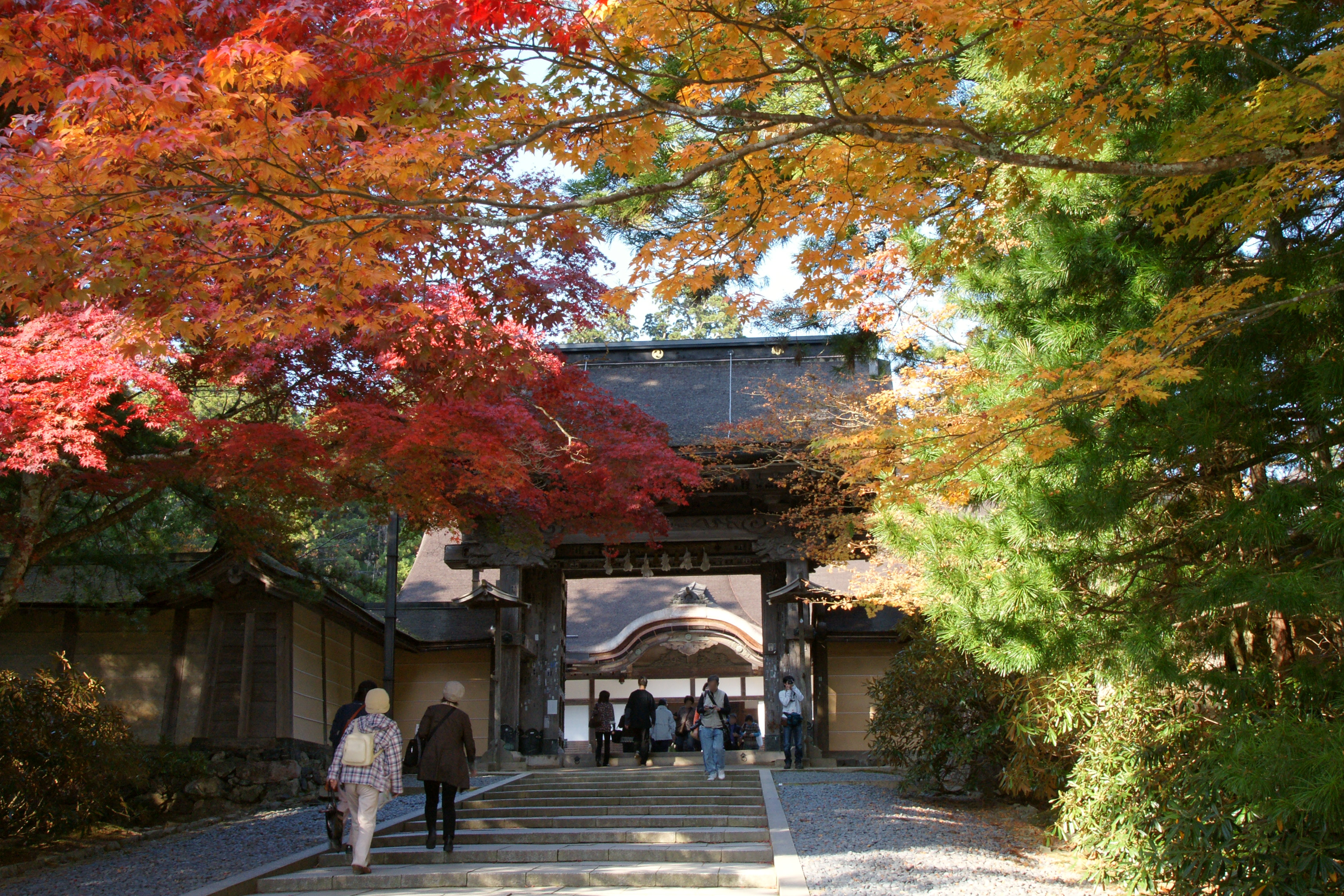 |
| Kongōbu-ji | Wikimedia Commons |
Unlike Western cultures, suicide is not associated with the Judeo-Christian concept of sin; in fact, in traditional Japanese culture there is a romantic notion of suicide as a noble or honorable death. During the feudal period, the samurai were obligated to perform seppuku, ritual self-disembowelment, to receive an honorable death, rather than face defeat or capture. Fighter pilots during the Second World War turned their planes into guided missiles to execute kamikaze ("divine wind") for the same reasons. Deemed inseki-jisatsu, some Japanese consider suicide a responsible way to relieve debt or restore personal and family honor.
 |
| Motosu-ko before Fuji-san | Wikimedia Commons |
Despite generally sophisticated health services, national authorities can certainly improve their approach to mental health. New anti-depressant drugs are restricted long after they have been accepted in other countries and national health insurance doesn't provide for counseling at private clinics. Japan's largest suicide helpline has struggled to garner funding and only receives 27 thousand calls per year. By comparison, the largest comparable utility in the United Kingdom (a country with half Japan's population) takes nearly 2.5 million.
Unfortunately, for the foreseeable future it seems suicide will remain an immense, entrenched problem in Japan. Suicide councilor Hiroshi Sakamoto concluded of his nation's struggle, "Until we stop denying the reality of the situation, I don't think Japanese society can overcome the crisis it is facing."
Have a question or comment for the author? Email Sam at essessnine97@gmail.com.

No comments:
Post a Comment